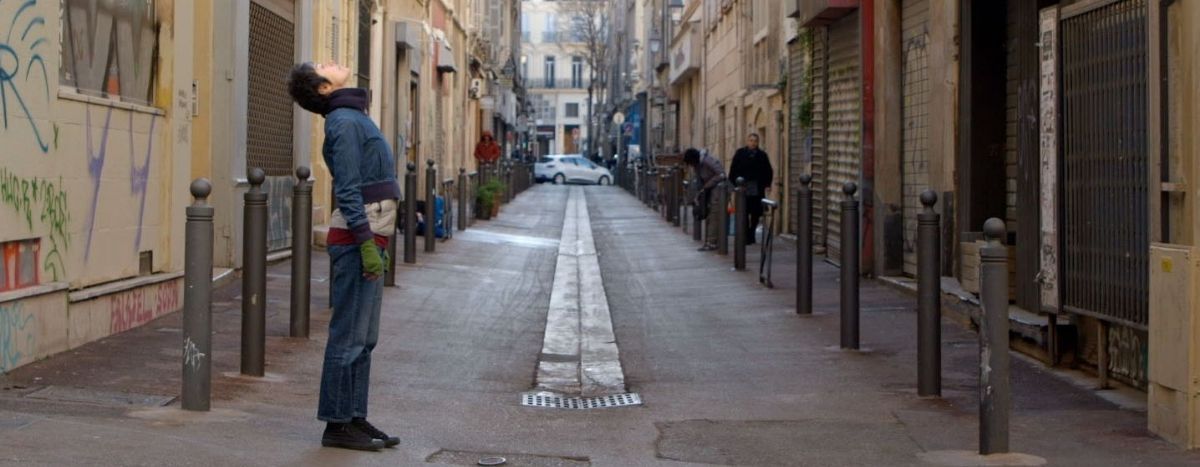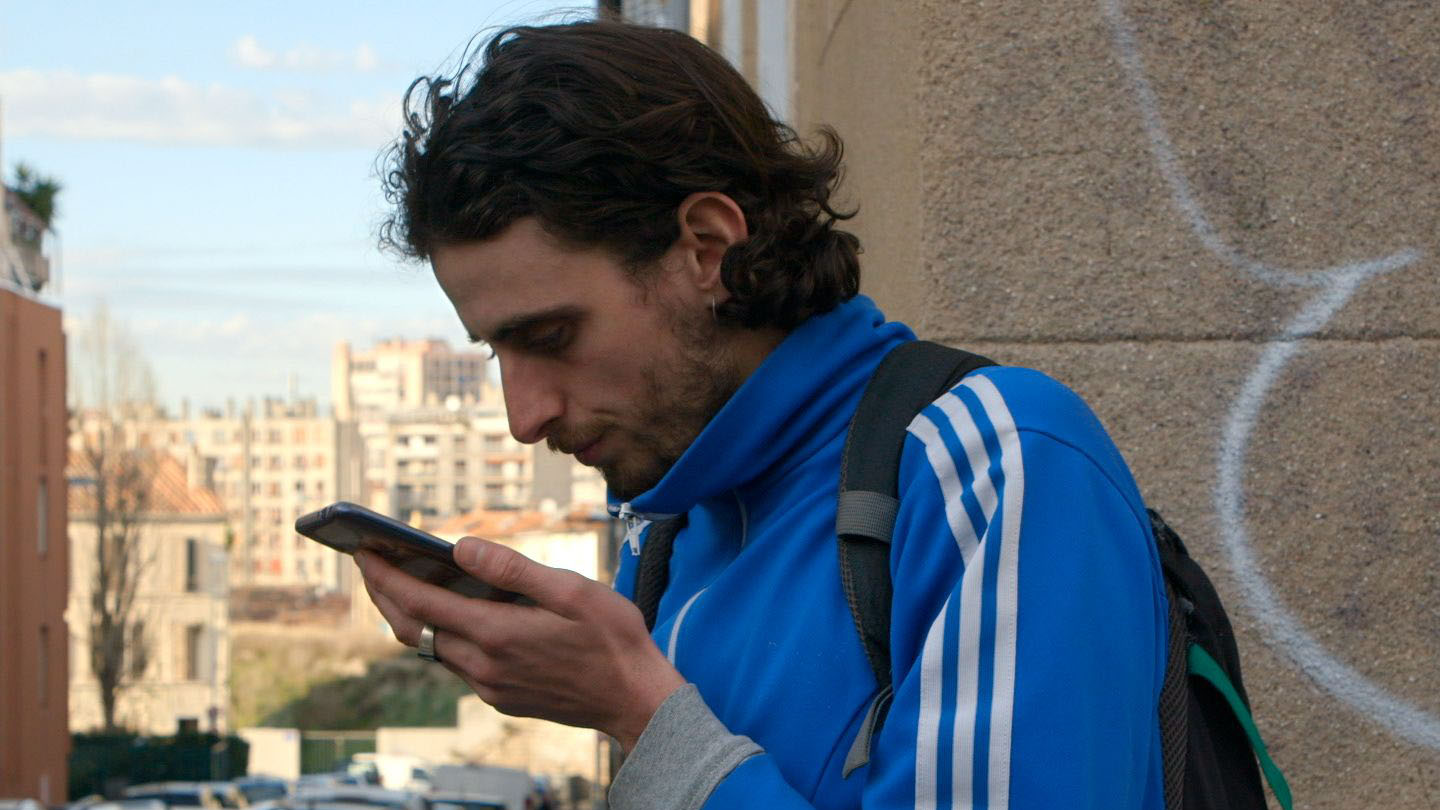
CCTV in Marseille: a threat to civil liberties?
Published on
Translation by:
Federico RosatiThey sprang-up years ago on every street corner, in order to "contain criminality." But surveillance cameras, and the algorithms they employ, raise many ethical questions. Louison Assié and Laure Massiet du Biest’s documentary Les yeux carrés ['Square Eyes'] explores the phenomenon. Cafébabel saw the film at the Millenium Festival in Brussels and interviewed the directors after the screening.
It's difficult to walk down the street in France’s second largest city without being filmed on CCTV. It's even more difficult to obtain information about those that are doing the filming. “We'd heard that there was a project for a street surveillance camera lab in Marseille and we were intrigued,” say Laure Massiet du Biest and Louison Assié, co-directors of Les yeux carrés.
The city of Marseille has one of the highest crime rates in France. In order to tackle delinquency, the city has equipped itself with a stock of CCTV cameras. In 2018, Marseille’s previous mayor, Jean-Claude Gaudin (LR), signed a contract with a company called SNEF to equip the city with an Intelligent Video Surveillance System (IVSS). Behind the cameras, an AI-algorithm automatically detects crowd movements and identifies suspicious behaviour, all in real time. The alerts are then transmitted directly to the urban supervision centre, which decides whether or not to send police officers to the scene.
You might think that the algorithms are neutral, but they are not. Basically, someone has trained them. It's machine learning.
In 2020, there was a change of strategy: the municipality of Marseille swung to the left and the expansion of the system was put on hold. The real effectiveness of the system in the fight against delinquency was then questioned by the government in power. Parallel to this, La Quadrature du Net, an association dedicated to defending Internet rights and freedom, brought a case before the Marseille administrative court to have the contract with SNEF terminated. It warns about potential infringements of automated surveillance cameras regarding privacy. This concern is also reflected in Les yeux carrés where we learn that there are over 1,000 cameras currently deployed in public spaces in Marseille.
Focus on algorithms
It's usually the surveillance cameras that are singled out. Much less attention is given to the algorithms which are used to automatically detect "deviant" behaviour on the street. "Algorithms today can be made to do many things and this is what we wanted to show in the film [...] You might think that algorithms are neutral, but they are not. Basically, someone has trained them. It's machine learning," says Laure Massiet du Biest.
Certain behaviours are therefore "programmed" as being suspicious and an alert is triggered when an action is recognised as such. Used as risk assessment tools, there is a concern that these algorithms could lead to the strengthening of racial profiling, as the UN stated in a report in 2019.

The documentary also highlights the lack of transparency about the images captured by the cameras. With their 360-degree vision, how can we be sure that CCTV is not filming a few metres of our private property? This is what one of the characters is trying to find out, but in vain. First he comes up against the communications apparatus of the city of Marseille; then he faces the complexity of the administrative procedures to obtain the information.
Staging deviant behaviour
Are street dancers in motion, a group of sportsmen practising parkour, reported as deviant behaviour by Marseille's surveillance cameras? "As soon as you change your rhythm, stop, stay in one place for a long time, or create a movement that changes space-time, that's when you become visible," says a dancer who is interviewed in the documentary.
Knowing that we are being filmed, we could behave differently in the street
Laure Massiet du Biest and Louison Assié aimed to make visible on-screen something that is usually invisible. "Video surveillance evoked a change in behaviour in sociological terms. Knowing that we were being filmed, we could behave differently in the street. To demonstrate this, we very quickly wanted to stage deviant actions," explains Laure.
While filming, the two young filmmakers also met activists from the Technopolice campaign, which aims to document the dangers of generalised surveillance and to organise techniques of resistance. In addition to this French campaign, other concepts have emerged around the world to prevent citizens from being identified by cameras. In Berlin, the designer Adam Harvey has even created a line of clothing that's capable of making the wearer incognito thanks to a synthetic silver fabric.
Surveillance cameras are sometimes filmed in close-up in the documentary, but the directors had no problems during the shoot. "It was even more suspicious to have the pole stuck to the camera, but I don't think it was too alarming", Louison observes. Thankfully, making films is not yet recognised as deviant behaviour by Marseille's CCTV apparatus.
Cover image: ©RC_FRA_ASSIE
The film was shown during May 2021 at the Millennium Documentary Film Festival.
Translated from « Les yeux carrés » : sous la surveillance des caméras à Marseille



